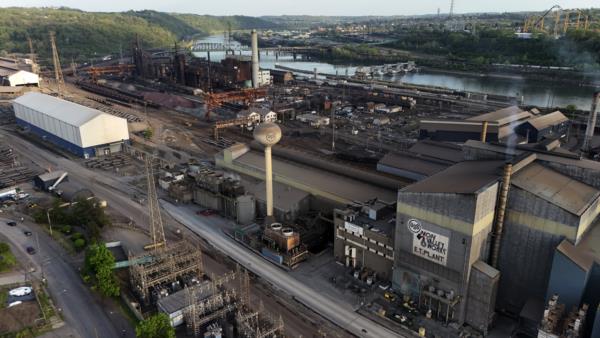
President Joe Biden's recent decision to block Nippon Steel's acquisition of U.S. Steel on national security concerns has sparked tensions between the U.S. and Japan, longtime allies in Asia. This move is not the first instance of trade and investment disputes between the two nations.
Nippon Steel's CEO, Eiji Hashimoto, remains steadfast in the proposed $15 billion acquisition, leading to a federal lawsuit challenging the Biden administration's ruling. The assertion that the deal could jeopardize U.S. national security has been met with disappointment in Japan, with many viewing it as a betrayal after years of pressure to enhance trade relations.
Key Issues at Stake
During a visit to Tokyo, Secretary of State Blinken emphasized the strength of the alliance between Japan and the U.S., highlighting their significant mutual investments in each other's economies. However, Japanese officials, including Prime Minister Shigeru Ishiba, expressed concerns that the rejection of the deal could impact future Japanese investments in the U.S.
US-Japan Alliance





Japan is a crucial U.S. ally in Asia, with a relationship dating back to the post-World War II era. The U.S. has urged Japan to bolster its defense capabilities amid China's rising influence. Some critics argue that rejecting Nippon Steel's bid equates Japan with potential adversaries like China, straining trust between the two nations.
Track Record on Trade
Both Biden and former President Trump have supported tariffs on steel and aluminum imports from China to protect American producers. Previous trade negotiations have led Japan to open its markets to foreign goods, prompting investments in U.S. factories and job creation. The rejection of the Nippon Steel-U.S. Steel deal represents a shift away from greater trade openness in recent years.







